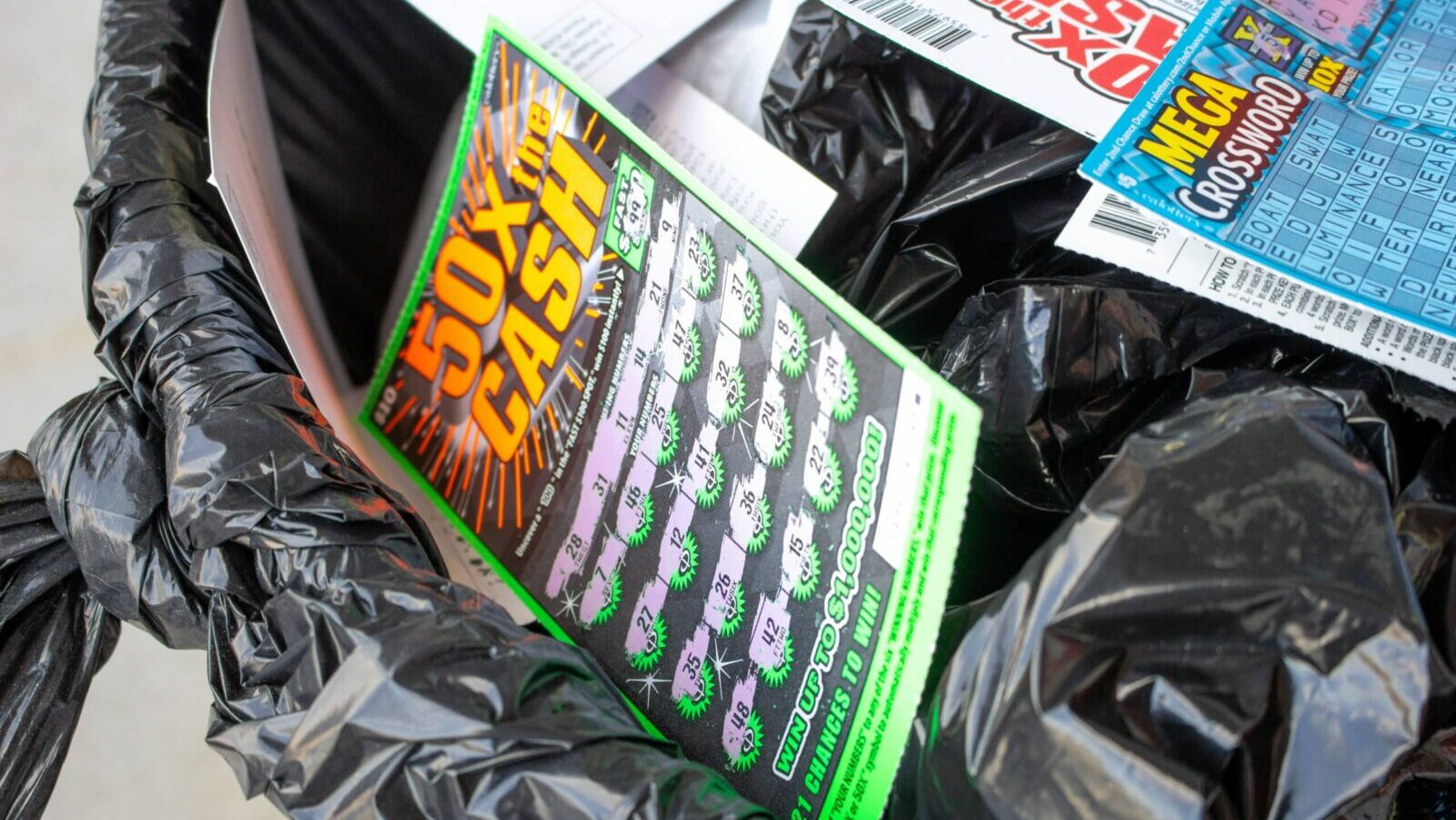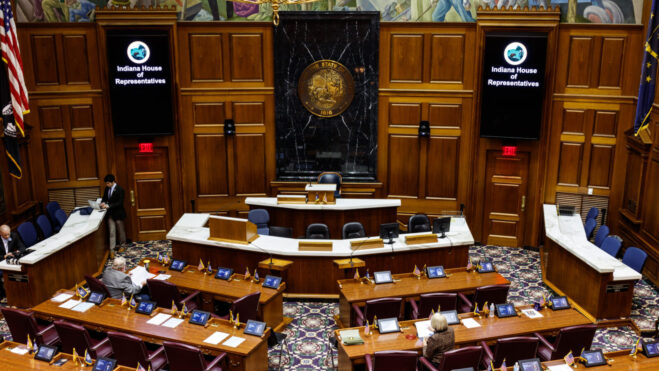Florida Couple Caught In Million-Dollar Lottery Scam
The duo reportedly presented a crude assembly of two separate tickets as a single, counterfeit "winning" ticket.
2 min

Certain people sometimes go too far in an effort to win the lottery. In Escambia County, Florida, a couple’s attempt to claim a $1 million Florida Lottery prize with a counterfeit ticket has led to criminal charges and a search for one of the suspects.
Dakota Jones, 32, of DeFuniak Springs, was apprehended on Tuesday. His accomplice, Kira Lee Enders, remains at large.
The duo’s plan began to unravel, according to local ABC News affiliate WEAR, when they presented the altered ticket to the Florida Lottery Office on Davis Highway in Pensacola. The ticket, purportedly a “500X The Cash” scratch-off, was a crude assembly of two separate tickets. The top half of one ticket was combined with the bottom half of another, creating the illusion of a $1 million winner. The entire ticket was laminated in an attempt to conceal the alterations.
Jones was arrested and is facing multiple charges, including principal to grand theft over $100,000, principal to present an altered state lottery ticket, and principal to alter a lottery ticket with intent to defraud. He is currently being held in Escambia County Jail without bond.
[Also See: Mega Millions Poised To Make Dramatic Ticket Price Increase From $2 To $5]Enders, who is reportedly in a relationship with Jones, has active warrants for similar charges. According to the arrest report, Enders was the one who submitted the claim for the $1 million prize, providing her full name and address on both the claimant information section and the back of the altered ticket.
Felony charges ahead
The arrest report details how the ticket was pieced together and notes that Enders signed acknowledgments on the “Winner Claim Form” regarding the consequences of submitting a fraudulent ticket. When investigators called Enders to complete additional paperwork for the “large claim,” she and Jones arrived at the lottery office, where they were detained for separate investigations. Despite their insistence on the ticket’s legitimacy, inconsistencies in their statements led to the charges.
The charges against Jones and Enders carry significant legal implications, including potential prison time and hefty fines. Grand theft over $100,000 is a first-degree felony that includes incarceration of up to 30 years, fines of up to $10,000, and possible restitution to the victim. Because of the value of the phony ticket, prosecutors could likely consider the other charges felonies that would carry similar punishments to the grand theft charge.
Authorities are continuing their investigation into the matter and are urging anyone with information on Enders’ whereabouts to come forward. The Escambia County Sheriff’s Office is leading the search for Enders.
In good company?
Jones and Enders aren’t the first to attempt to beat the system. Ali Jaafar and his sons Yousef and Mohamed were not caught altering tickets but, instead, perpetrated a decade-long scheme. CNN and other media outlets reported about how they allegedly redeemed winning tickets obtained through unknown means and pocketed millions.
Over the course of the scheme, they were able to cash at least 14,000 lottery tickets for $20 million in winnings. They also received over $1.2 million in tax refunds by claiming losses from gambling.
All three faced charges of conspiracy to defraud the IRS, money laundering, and filing false tax returns. Last year, Ali Jaafar received five years in prison, while his sons got lesser sentences.
However, none of the cases of lottery larceny are as famous as Eddie Tipton and his “Hot Lotto” scandal. While acting as the information security director of the Multi-State Lottery Association, he won multiple jackpots by rigging the draws’ random number generators.
The exact amount he, along with his brother, stole isn’t known, but he was ordered to make restitution of $3 million. Tipton received a prison sentence of up to 25 years but served just five before being granted parole.








